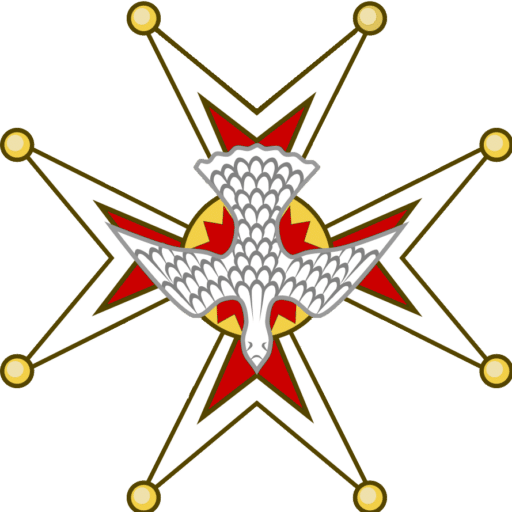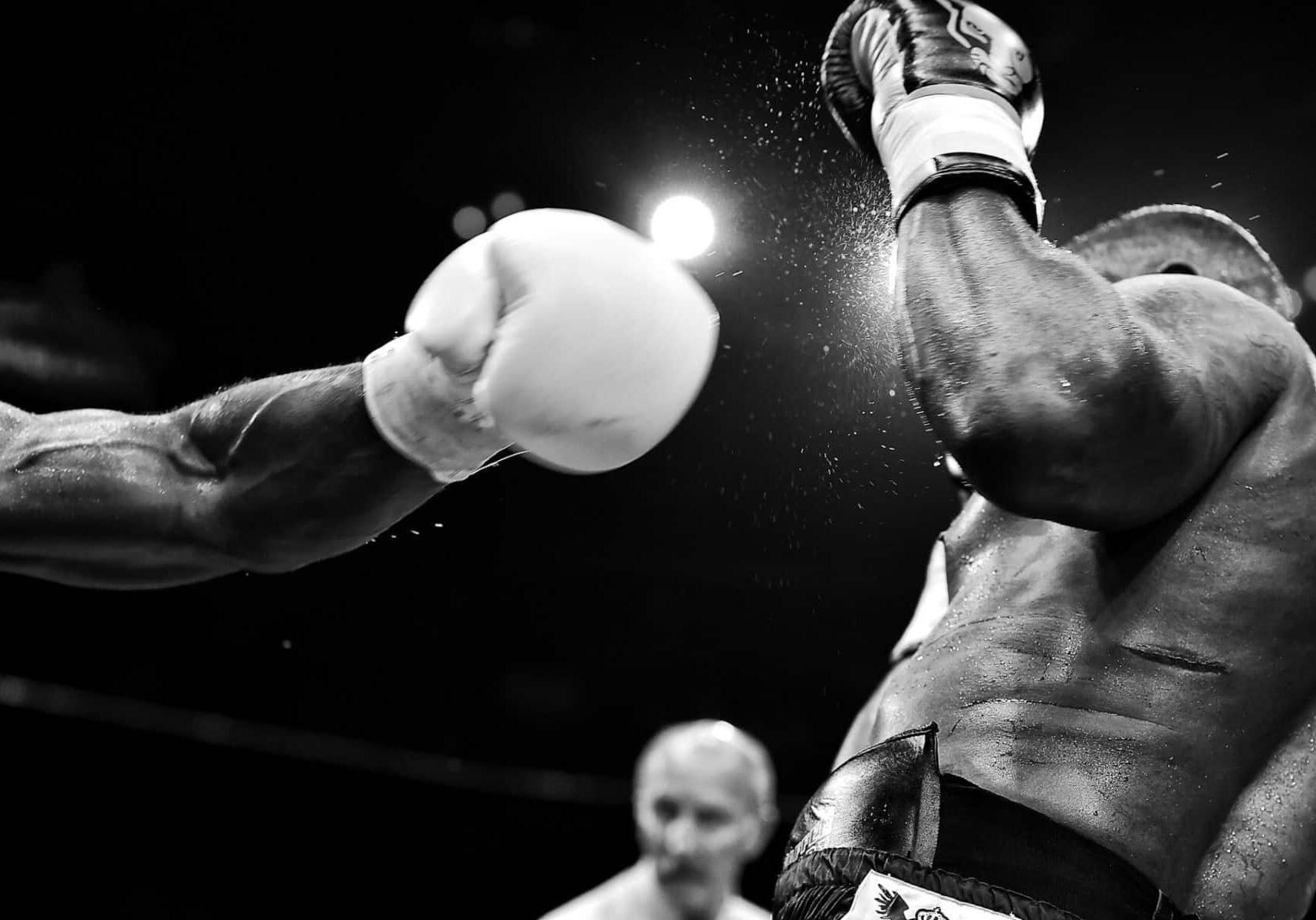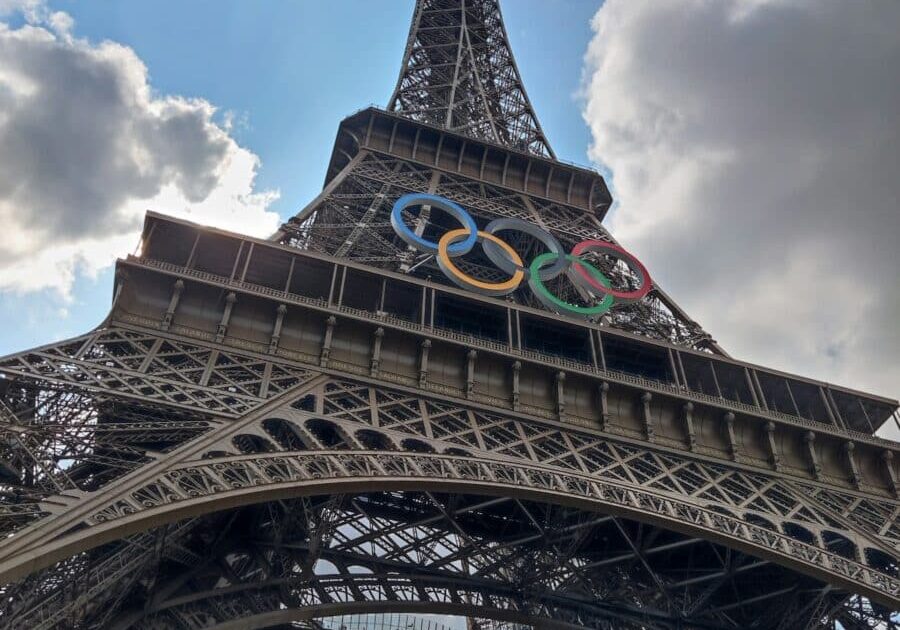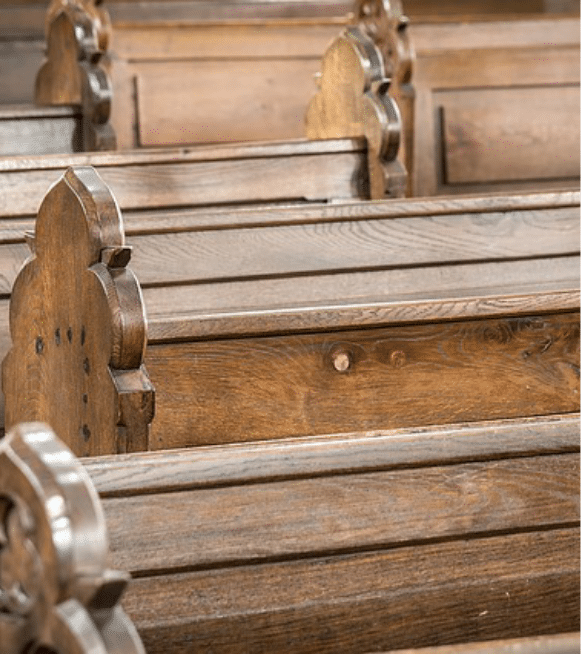The main goal of education shouldn’t be moneymaking. It shouldn’t be self-actualization or gentlemanliness. It shouldn’t be good citizenship, however defined. It should be wisdom and virtue. Those two universal goods justify the sacrifices of time, effort, and funds, for they are universal and good in and of themselves. Kingdoms rise and fall, constitutions change, economies boom and bust. In all those times, in all those seasons, a person needs wisdom and virtue for himself and others, and he is richly blessed by the wisdom and virtue of his fellows. The kind of person he is—his substance—matters most. The prosperous and civilized can be nice to have around, but they aren’t as needful or eternally significant as the saint. Classical educators see it as their duty to lead a student out of darkness into light—into the enlightenment of wisdom and virtue. Those same teachers realize that, sometimes, the horse won’t drink when led to water, but at least his parents and teachers loved him enough to make the effort.
Other goods like patriotism, industriousness, and chivalry also spring from this fount. But virtue and wisdom are paramount, and they cannot be severed from questions of God, objective reality, or the long conversation of human civilization. Indeed, students of the liberal arts soon find themselves plunged into a millennia-long tradition, reading Livy in the original Latin or meditating on loyalty with Beowulf. Leisure isn’t for passive entertainment—it is for pursuing human excellence and worthwhile avocations, the stuff of humanity and civilization. Likewise, virtue isn’t a matter of vague “character counts” clichés—it is about piety, courage, faith, and charity that springs from our eternal Creator and Redeemer.
Read more at WORLD Opinions.
St. Jude's Anglican Church
We are a parish of the Reformed Episcopal Church. We have been worshiping together in the greater Richmond area for over a decade. We’d love to have you join us for Christian worship in the rich Anglican tradition.




